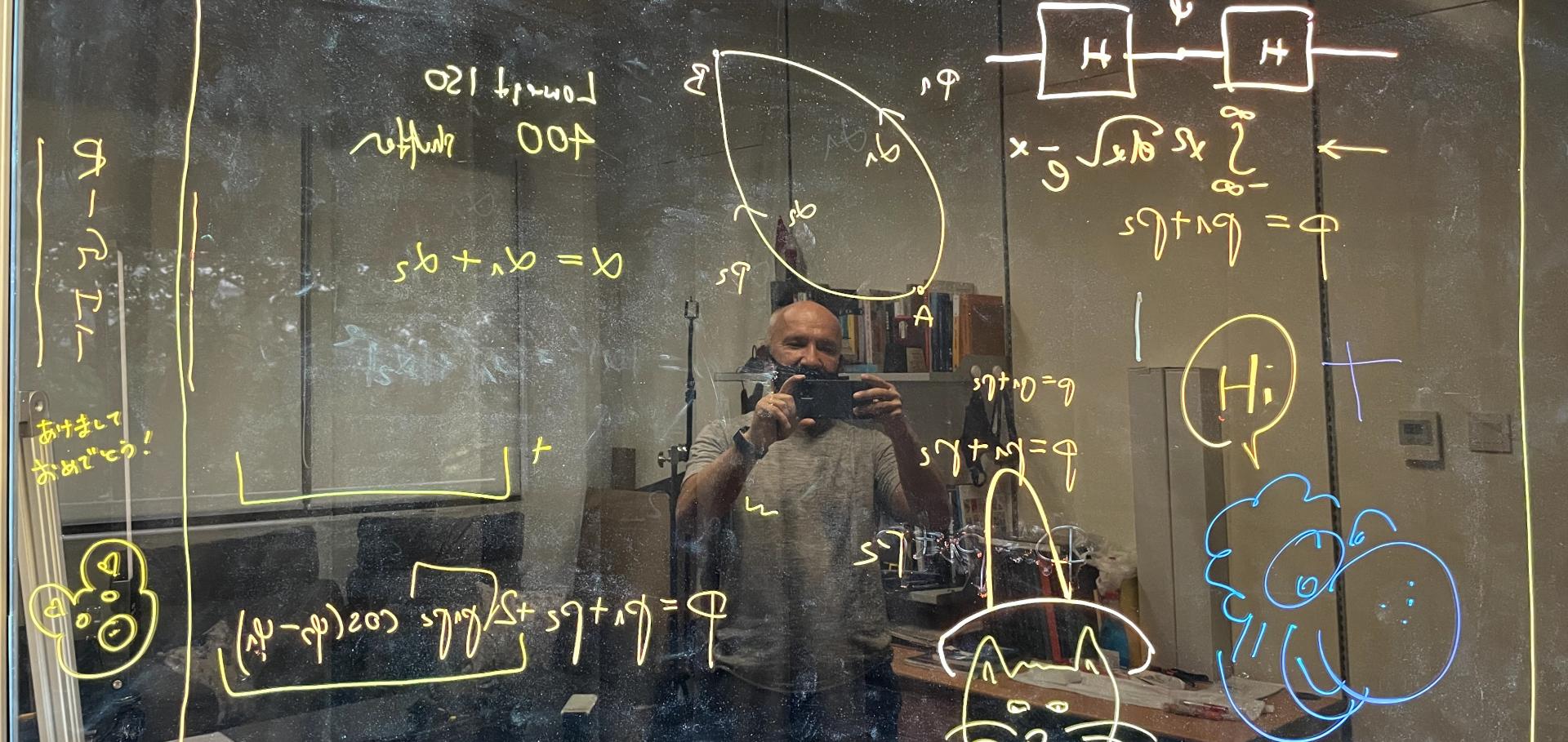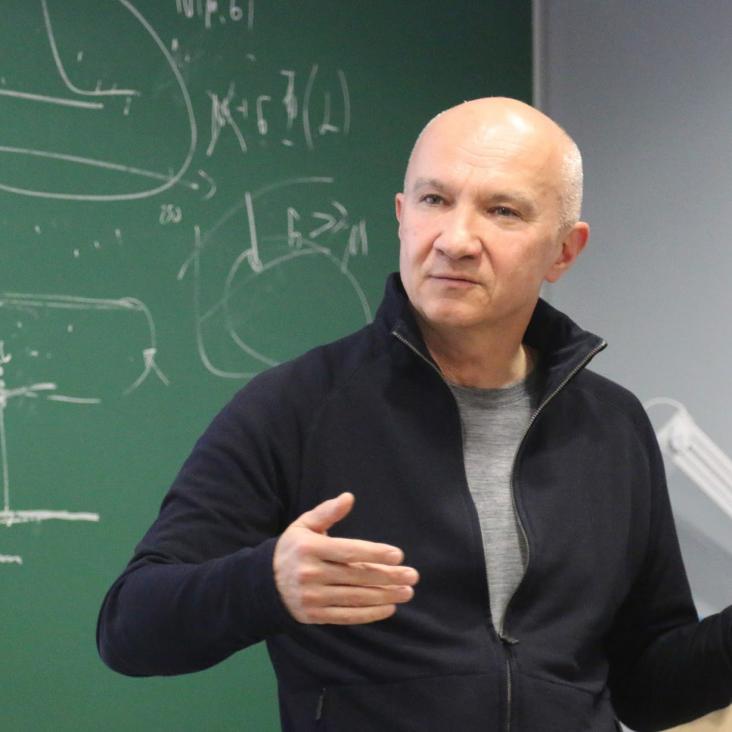Distributed Quantum Computation over Noisy Channels
ArXiv quant-ph/9803017 (1998)
Abstract:
We analyse the use of entangled states to perform quantum computations non locally among distant nodes in a quantum network. The complexity associated with the generation of multiparticle entangled states is quantified in terms of the concept of global cost. This parameter allows us to compare the use of physical resources in different schemes. We show that for ideal channels and for a sufficiently large number of nodes, the use of maximally entangled states is advantageous over uncorrelated ones. For noisy channels, one has to use entanglement purification procedures in order to create entangled states of high fidelity. We show that under certain circumstances a quantum network supplied with a maximally entangled input still yields a smaller global cost, provided that $n$ belongs to a given interval $n\in [n_{min},n_{max}]$. The values of $n_{min}$ and $n_{max}$ crucially depend on the purification protocols used to establish the $n$-- processor entangled states, as well as on the presence of decoherence processes during the computation. The phase estimation problem has been used to illustrate this fact.Against quantum noise
Acta Physica Polonica A 93:1 (1998) 63-76
Abstract:
This is a brief description of how to protect quantum states from dissipation and decoherence that arise due to uncontrolled interactions with the environment. We discuss recoherence and stabilization of quantum states based on two techniques known as "symmetrization" and "quantum error correction". We illustrate our considerations with the most popular quantum-optical model of the system-environment interaction, commonly used to describe spontaneous emission, and show the benefits of quantum error correction in this case.Optimal universal and state-dependent quantum cloning
Physical Review A - Atomic, Molecular, and Optical Physics 57:4 (1998) 2368-2378


